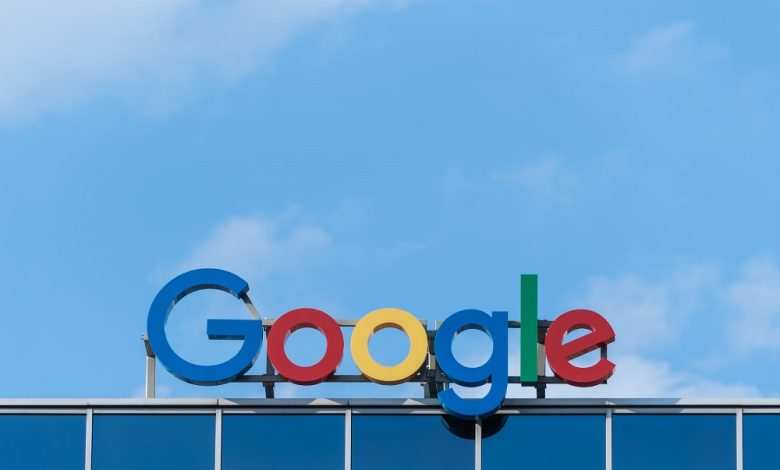OpenAI’s AI-Powered Browser Plan
OpenAI is set to launch an AI-powered web browser. It aims to challenge Google Chrome’s dominance. The browser will integrate ChatGPT-like features.
This move could reshape how users browse the web. It’s built on Chromium, the same code as Chrome.

OpenAI, known for ChatGPT, wants to expand its AI ecosystem. The browser will use AI to summarize web content and automate tasks.
It’s a strategic push to control user data, a key to Google’s success. OpenAI hired former Google Chrome engineers last year. This expertise strengthens their browser development. The project follows OpenAI’s 2024 interest in building a browser.
Announcement and Timing
Reuters reported the browser plan on July 9, 2025. The launch is expected in the coming weeks. OpenAI has not officially confirmed the release date. The timing aligns with growing scrutiny of Google’s market control. A U.S. court recently ruled Google holds an unfair search monopoly. OpenAI even expressed interest in buying Chrome if forced to sell.
Good Move or Bad Move?
This could be a bold win for OpenAI. Its 500 million weekly ChatGPT users might adopt the browser fast. AI features like task automation could attract users seeking smarter tools.
But challenging Chrome’s 65% market share is tough. Users are loyal to familiar browsers. Privacy concerns over data collection could also hurt adoption. Competing with Google’s ad-driven empire is risky.
OpenAI’s Stance
OpenAI declined to comment on the browser launch. Sources say it wants direct access to user data. This would help build AI agents for tasks like booking reservations. The browser aims to keep interactions within a ChatGPT-like interface. OpenAI sees it as a way to integrate AI into daily life.
The company’s silence suggests a focus on development over hype.
Most Used Browsers Today
Google Chrome leads with 65-68% global market share. It’s used by over 3 billion people. Apple’s Safari holds second place with 16%. Microsoft Edge and Firefox trail behind.
Chrome’s dominance comes from speed, integration with Google services, and data collection for ads. Other AI browsers, like Perplexity’s Comet, are emerging but lack Chrome’s reach.
OpenAI’s browser could disrupt Chrome’s grip. Its 500 million ChatGPT users give it a strong start. AI-driven features might pull users from Chrome, especially younger tech-savvy ones.
This could dent Google’s ad revenue, which relies on Chrome data. But switching browsers is hard for most users. Chrome’s ecosystem is deeply entrenched. OpenAI’s success depends on seamless AI integration and privacy trust
The browser market is heating up. Perplexity’s Comet launched days before OpenAI’s news. Other startups like Brave and The Browser Company also offer AI browsers. If OpenAI delivers a unique experience, it could carve out a niche. But dethroning Chrome will take time and innovation.


 Grok Banned in Turkey Over Insults to President Erdogan
Grok Banned in Turkey Over Insults to President Erdogan  AI in Education: Help or Rising Hindrance?
AI in Education: Help or Rising Hindrance?  World’s Largest AI Data Center to Rise in Abu Dhabi
World’s Largest AI Data Center to Rise in Abu Dhabi  Sergey Brin’s $700 Million Stock Gift to Philanthropies
Sergey Brin’s $700 Million Stock Gift to Philanthropies  Google Launches $250/Month AI at I/O 2025
Google Launches $250/Month AI at I/O 2025  Is AI New Threat to Google?
Is AI New Threat to Google?